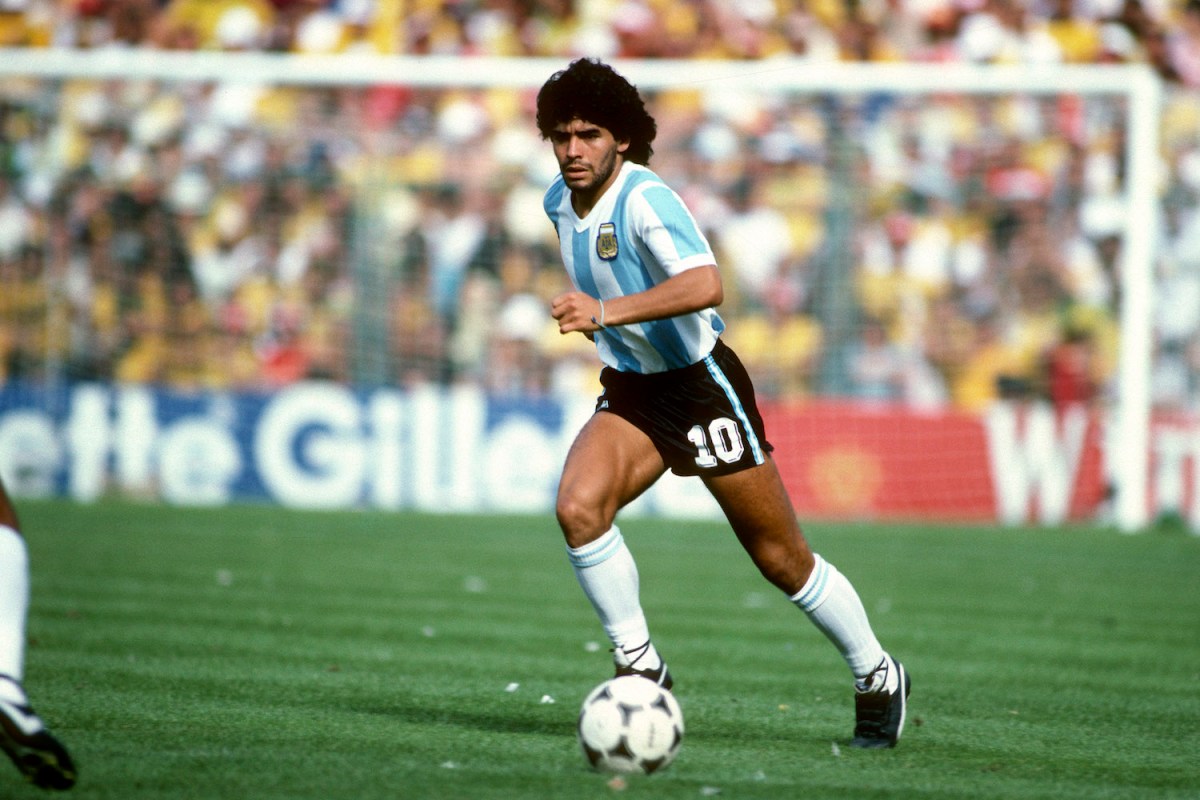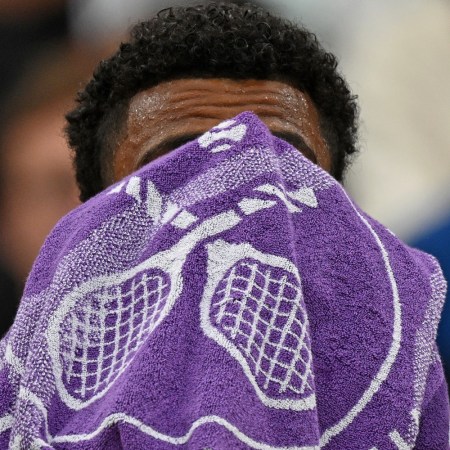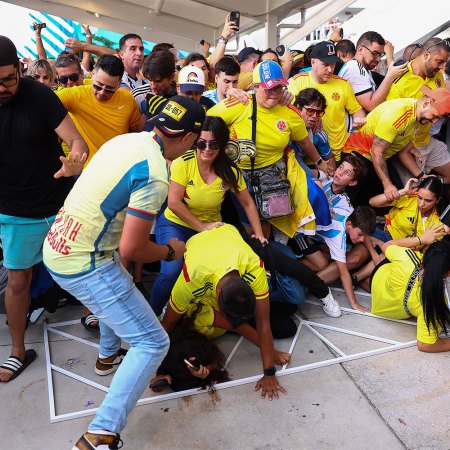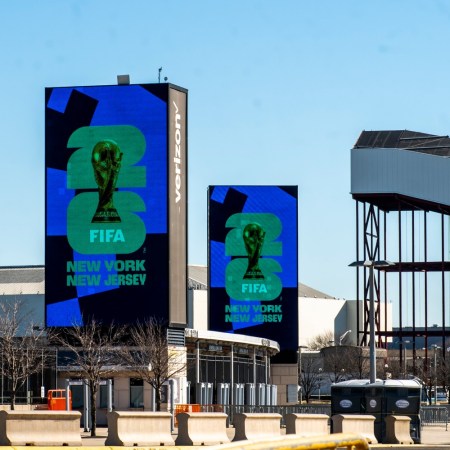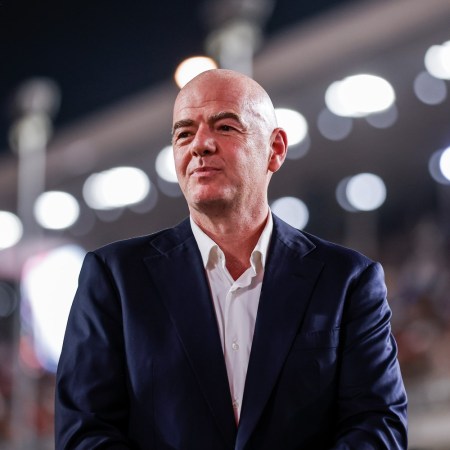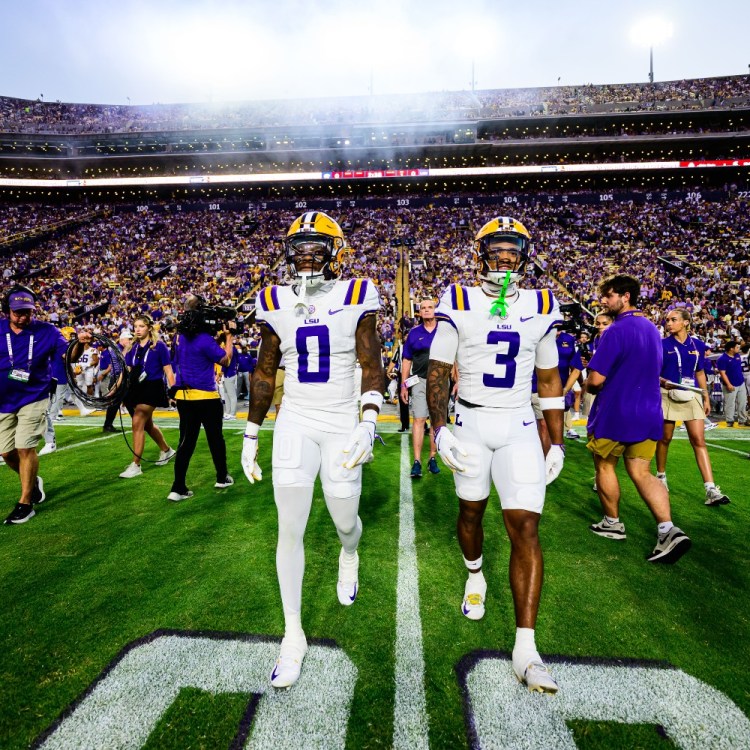You can’t tell Argentina not to cry for Diego Maradona. When he died of heart failure at age 60 in 2020, the soccer great’s home country, for which he delivered a World Cup championship in 1986, declared three days of national mourning. News that Maradona’s medical team may be held liable in his death is likely to reopen that wound.
The San Isidro Board of Appeals in Argentina says eight health professionals, including a neurosurgeon and a psychiatrist, focused on Maradona’s medical care in the run up to his death, will be charged, per ESPN. They face up to a quarter century of prison time.
Biggest Upset in World Cup History? Saudi Arabia Stuns Argentina 2-1.
Argentina entered play at the World Cup in Qatar on a 36-match unbeaten streakAfter an autopsy of Maradona’s body revealed that his heart weighed twice as much as a normal human heart, a medical board was appointed to investigate the death. The medical board believes it secured enough evidence that proves Maradona’s doctors did not appropriately monitor him. They acted in an “inappropriate, deficient and reckless manner,” the board’s report says. It adds that “the patient’s signs of risk of life were ignored” and that Maradona “showed unequivocal signs of a prolonged agony period” for at least 12 hours.
For that, prosecutors have slapped Maradona’s medical team with the charge of “simple homicide with wanton disregard.” No trial date has been set at this time, but it is expected to begin next year.
In a piece for The Harvard Gazette, penned shortly after Maradona passed away, Liz Mineo wrote, “Fans worshipped him for his extraordinary skills on the field, his charisma, and his championing of the poor.” He “rose from the slums of Buenos Aires to stardom,” she added, and “made headlines all over the world” while becoming the best player in the world’s most popular sport during his peak in the 1980s.
However, like so many other sporting greats, the excesses of celebrity gripped him.
“Critics pointed to his life of excess,” Mineo also pointed out, “including his drug addiction, philandering, paternity suits, his support of leftist leaders such as Fidel Castro and Hugo Chavez, and allegations of domestic abuse of a girlfriend.”
“Blessed with supernatural talent, Maradona was both hero and villain; a living representation of the duality of man,” added the Canadian Broadcasting Corporation. “He lived a life of excess — one worthy of a Shakespearean tragedy.”
For two decades Maradona struggled with cocaine addiction, which led to multiple bans from the sport. He also abused alcohol, and these twin addictions brought about health problems including obesity and hepatitis. In November 2020, he sought treatment for depression and was rushed into brain surgery upon the discovery of a subdural hematoma. Doctors said the surgery was successful, but three weeks later died in his sleep at home from cardiac arrest.
“It’s impossible to think of another sportsperson whose death would provoke a similar global response, one befitting a soccer player, a rock star and a religious leader rolled into one,” wrote NBC News after his funeral in Argentina, which saw tens of thousands of his fellow countrypeople take to the streets. “Maradona was revered as a genius who graced what is by far the world’s most popular sport.”
Upon Maradona’s passing, he drew tributes from around the world. Not only did Pelé, his now-deceased neighbor on soccer’s Mount Rushmore of all-time greats, give a salute, but even The Pope offered one of his own.
Look no further than Maradona’s daughter, Dalma, for indications of continuing grief among those who loved the man most — numbers that extend far beyond his immediate family. After learning of the simple homicide charges against her father’s last doctors, Dalma wrote on social media: “Many times the process is painful and slow, and we will not stop until justice is done! Everyone that stopped doing their job will be judged for that!”
Whether you’re looking to get into shape, or just get out of a funk, The Charge has got you covered. Sign up for our new wellness newsletter today.
